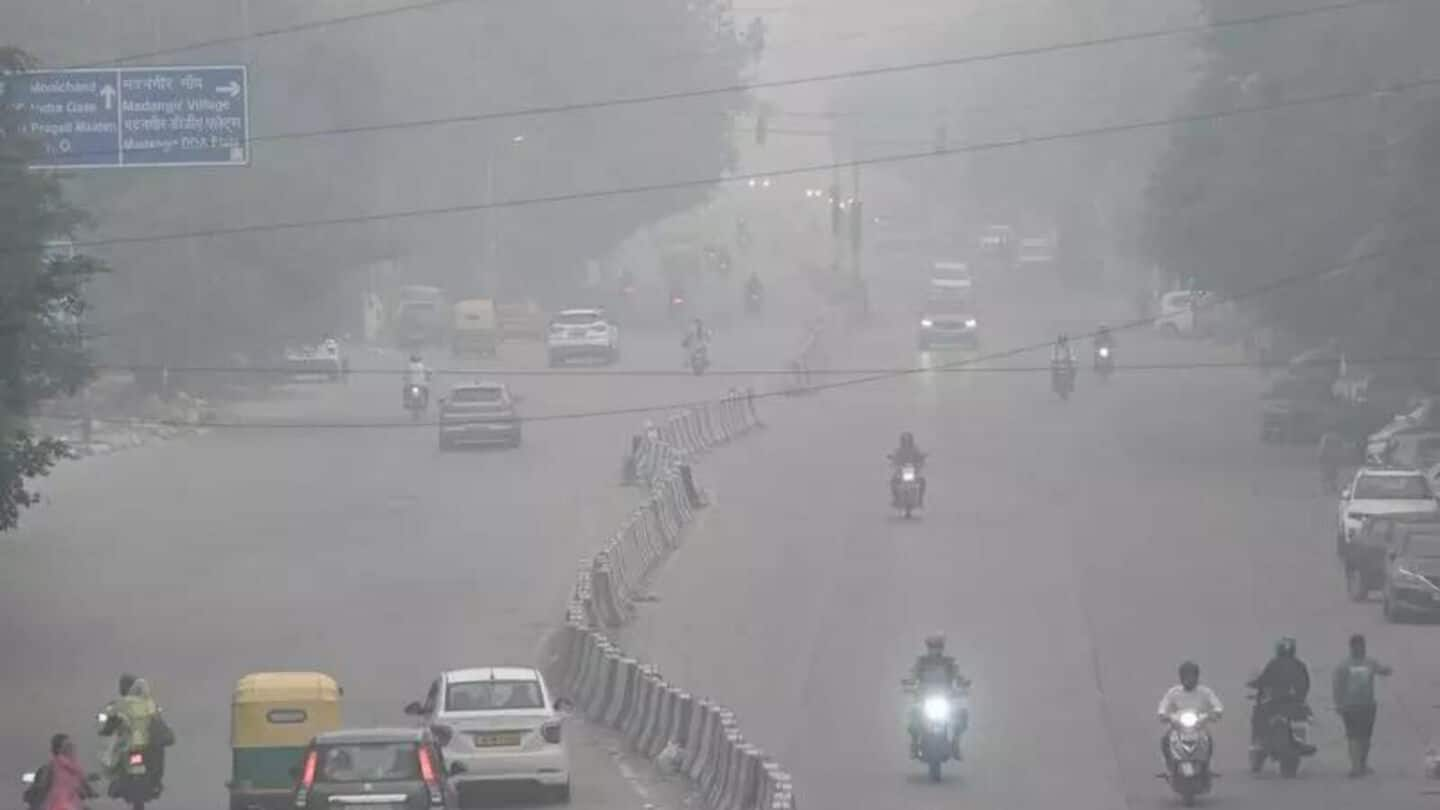
Delhi spent ₹34cr despite experts rejecting cloud seeding plan
What's the story
The Union Environment Ministry confirmed that three specialized agencies, namely the Commission for Air Quality Management (CAQM), the Central Pollution Control Board (CPCB), and the India Meteorological Department (IMD), had advised against cloud seeding in Delhi during winter. The agencies' opinion was conveyed to the Rajya Sabha in written form in December 2024.
Project continuation
Cloud seeding project launched despite expert advice
The agencies unanimously concluded that the meteorological conditions required for successful cloud seeding are generally absent in the National Capital Region from November to February. Despite expert advice, the Delhi government launched a ₹34 crore cloud seeding project with IIT Kanpur. The project involved two sorties on October 28, costing around ₹60 lakh each. However, the results were negligible with only a few millimeters of drizzle recorded.
Project outcome
IIT Kanpur's admission raises questions
IIT Kanpur admitted that atmospheric moisture during the trials was too low, barely 10% to 15%, for significant rainfall. The same conditions had been flagged by IMD and CAQM last year as unsuitable for cloud seeding. Despite this, the Delhi government went ahead with the project, raising questions about who approved it and whether expert advice was ignored.
Project status
Delhi government defends cloud seeding initiative
When contacted, the Delhi government said the cloud seeding initiative is still in its experimental phase. The Environment Minister's office clarified that different types of cloud seeding exist, and it's unclear which specific category expert opinion had been sought for. IIT Kanpur is currently conducting a detailed technical assessment of the project.
Past failures
Questions loom over decision to pursue cloud seeding in Delhi
This isn't the first time Delhi has attempted cloud seeding. Previous attempts have also failed to make an impact on pollution levels or rainfall. Despite the science being stacked against success, the allure of a technological quick fix proved too tempting for authorities. With two sorties flown and crores spent without measurable impact, questions remain about who decided to ignore scientific advice and why.